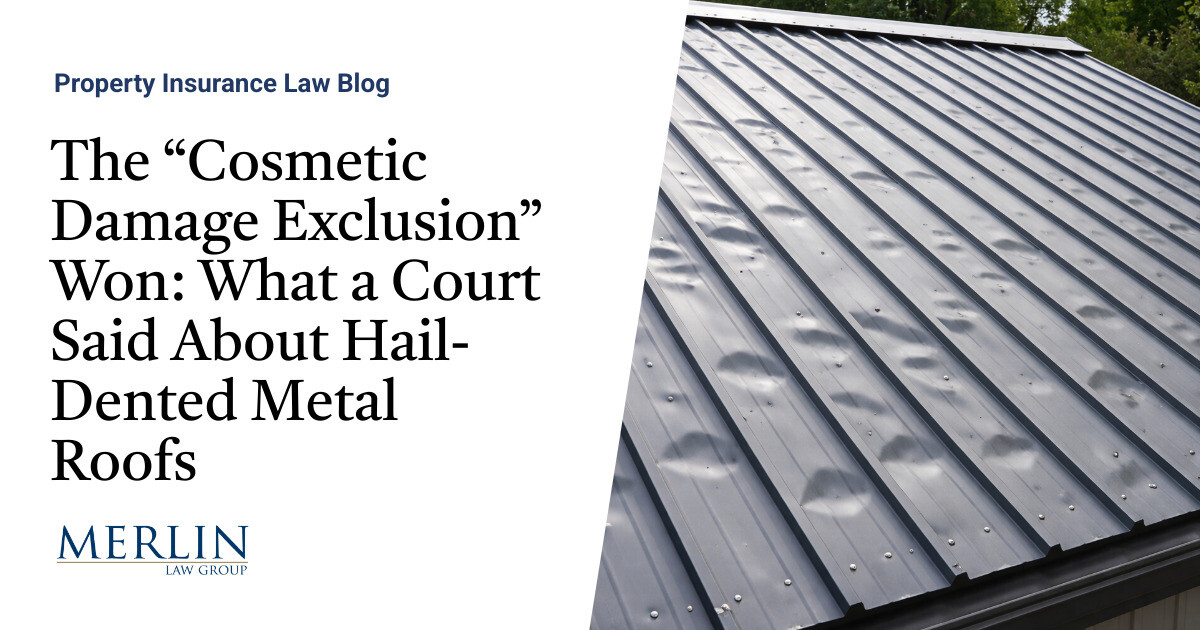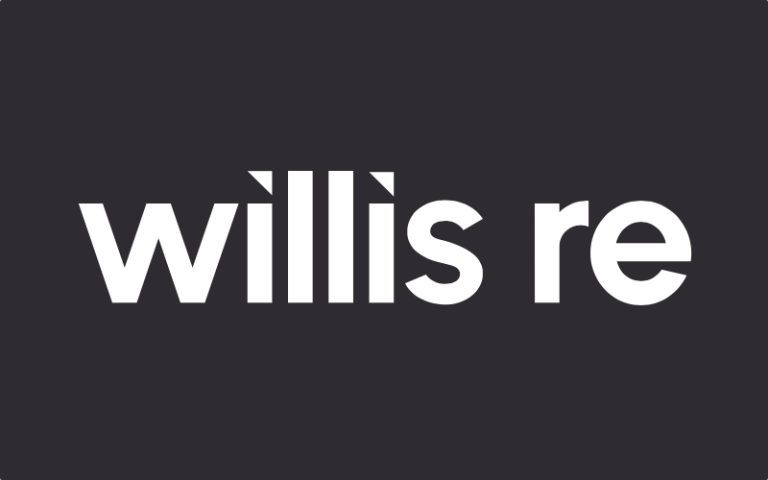Each day more people decide to create their own Websites, blogs or otherwise participate in social media activities.The reasons for having a Website or blog vary or other activities range from frivolity to earnestness.Personal Websites and blogs commonly describe the host, his or her family, and interests such as a particular hobby, sports, profession, humor, etc.
Whatever the reason for creating a Website or blog, they, along with social network activity can represent an additional source of loss that may require additional insurance.The loss potential is directly related to the purpose and content found on the Website.New Opportunity For Old Losses Website liability is an extension of the age-old accountability for what you say or write.
Such responsibility extends to household members; so it’s important to be aware of what a family’s little E-wizard may be doing.The types of losses that may be created by a Website, blog, or social media activity include: Libel – knowingly publishing false information that harms a person’s reputation.Invasion of Privacy – disclosing information that interferes with another party’s peace of mind.Infringement – violating or interfering with another’s property rights or the right to pursue businessOops, You May Not Be Covered Most homeowner policies protect against liability for tangible injury to another person or for actual damage to another party’s property.Liability created by publishing or broadcasting content typically involves a personal (or non-physical) injury that is not covered by a typical homeowner policy.
While individuals may be able to add protection (such as add-ons to a homeowner policy or umbrella coverage), certain losses may still be uncovered because they involve intended acts or business activity.Can You Protect Yourself? The good news is you can take steps to eliminate or, at least, minimize the possibility of facing electronic publishing-related loss.The first step is to identify areas of concern.
The key to understanding and addressing any possible Website liability is to focus upon: the nature of the Website or activitythe Website or account’s contentswho may be harmed by the site or activityhow a party may be harmedIt is important that you think hard about these issues and approach the job objectively.Your building a site, blogging or using social media just for “fun” could end with you explaining the punch line in court.Two people can interpret information in radically different ways.
Use a method of examining your Website that helps you view it through “fresh” eyes that won’t gloss over important facts.Asking the help of others could be a big plus.Considerations For Your Web Site, Blog or Social Networking If you or someone in your household operates or is building a Website, or is active with social media, you need to be aware that the site (or activity) could open you to legal situations.
Here are some questions you should consider: Who created the site or page? Key consideration: depending upon the circumstances, a private party that created the site for you may share (or even own) the responsibility for damages caused by the site.What is the purpose of your site or activity? Key consideration: Is there ANY business activity or purpose? If so, you may have an immediate need to secure appropriate protection.What content is found at your site or page? Key consideration: Not only do you have to think about YOUR message, but you must think of other parties that appear at your site such as friends, companion businesses or even miscellaneous links.
Who do you intend to attract to the site and how do visitors use your page? Key consideration: There’s a big difference in the type of people you’re targeting, such as inviting: relatives to see baby pictures or family newsletterscustomers to request product/service information or to place ordershobbyists to distribute or solicit stories or advicestrangers to a forum for discussing sports, political or other topicsIs there anyone you would not want to see the site or page? Why? Key consideration: Answering this question honestly is critical.It can identify prime sources for possible legal action against you.It may also suggest what precautions you may take, including the easiest action such as eliminating the reference to a person, group or organization.
Does Your Site or Activity Create An Insurance Need? After examining the key concerns about your Website, you should be prepared to take precautions which may include: adding security features to your Websitechanging the contentadding waivers or disclaimers about links or certain pages that appear on your siteadding user agreements to your sitecreating guidelines on maintaining current and future content at the sitechanging your homeowner coveragebuying additional or special personal or business liability insuranceadding or eliminating a guest book (if you have a guest book, pay close attention to what visitors say)eliminating the WebsiteOnce you’ve carefully examined your situation, a discussion with an insurance professional could be an excellent step to identify coverage needs which may include having to buy commercial coverage.The instant and widespread access represented by the Internet creates new perils for individuals.Don’t hesitate to seek the help of an insurance professional or even competent legal advice.
COPYRIGHT: Insurance Publishing Plus, Inc.2016 All rights reserved.Production or distribution, whether in whole or in part, in any form of media or language; and no matter what country, state or territory, is expressly forbidden without the written consent of Insurance Publishing Plus, Inc.
Publisher: TruePoint Insurance








